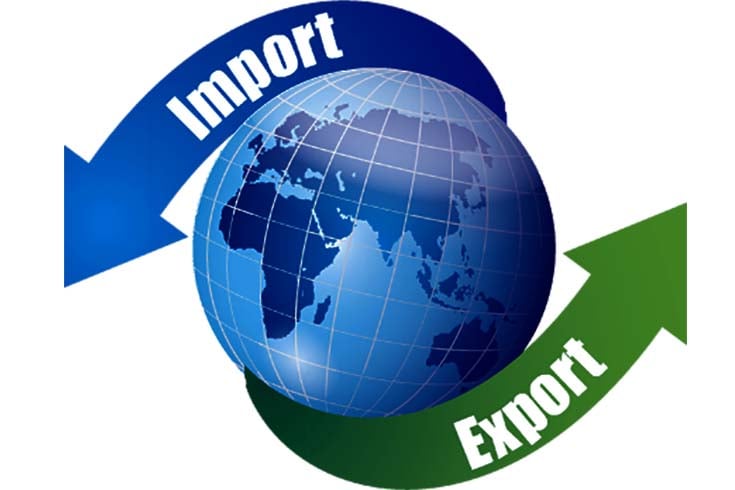What Do You Understand By Exporting & Importing?
In the context of international freight forwarding, the broad meaning of exporting is producing services or goods in one nation and trading or selling them to another. The term export has been derived from Latin words ex & portare, which collectively mean carrying out. Importing, which is the counterpart to exporting, involves acquisition of goods from one country and selling them in another. Although both of these processes are commonly discussed in aggregate for any nation, companies which produce the services or goods conduct exporting based on sales transactions and logistics.
Levels of exports and imports are often greatly influenced by policies of the government. Specific exports, like military technology in USA for example, has been entirely banned for particular recipients, in cases of government regulations or trade embargoes. There are several reasons that can put a country in favourable position for exporting. Maybe it is the sole supplier of a particular item in the whole world. Perhaps, it can manufacture certain products at lower costs than other nations. Other reasons include ability of producing high quality goods and making available a certain item at that time of the year when most of the world needs it.

The international trade cannot survive without either exporting or importing services and products. In fact, the number of goods moved out and brought in as well as their difference are what actually define the balance of trade. And when it comes to maintenance of the trade balance, it is then that the role of an import export agent becomes essential.
The process of importing heavily depends upon the service, product or commodity being bought. It involves establishment of a strong communication with customs agency of different countries for determining the required logistics and licensing issues. Generally, there is a customs broker who ensures smooth movement of services and goods between nations. Since the procedure is similar to exporting in many aspects, there exist many issues that are relevant to both.
Despite of efforts made by the European Union, Nigeria, USA and several other nations, there are certain barriers to import and export of goods. They are, however, in place for protecting industries, enhancing trade balances and safeguarding national level employment. The two primary classes of barriers are non-tariff and tariff. The former is used for penalising other countries to counteract political actions and trade. The latter includes taxes, exchange rate controls and quotas.
Advertise on APSense
This advertising space is available.
Post Your Ad Here
Post Your Ad Here

Comments